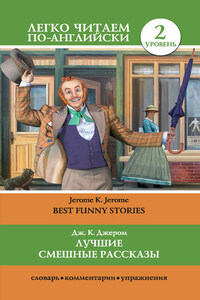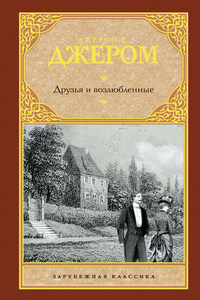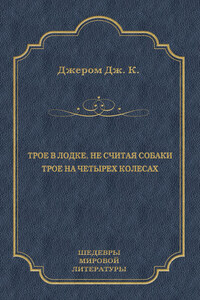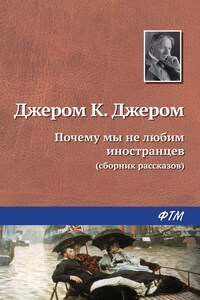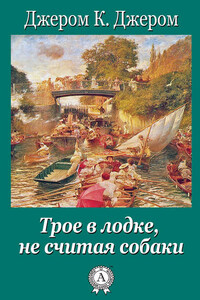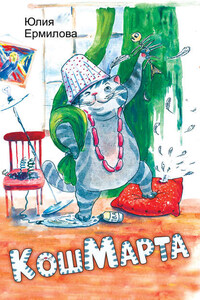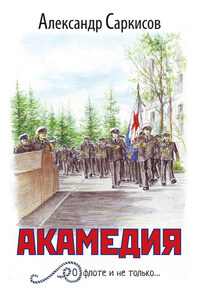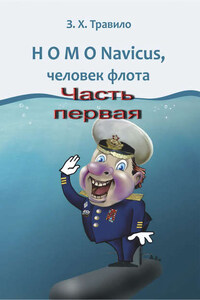People know that we Englishmen attach too much importance to sport, it is well-known, indeed. One can wait: some day some English novelist[1] will write a book, showing the evil effects of over-indulgence in sport:[2] the ruined business, the ruined home, the slow but sure[3] destroying of the brain, which leads to foolishness.
I once heard of a young couple. They went for their honeymoon[4] to Scotland. The poor girl did not know he was a golfer (he won her heart when his shoulder was broken). They decided to make a tour. The second day the man went out for a walk. At dinner-time he noticed that it seemed a pretty place they had found, and suggested to stay there another day. The next morning after breakfast he borrowed a club from the hotel porter, and remarked that he would take a walk. He returned in time for lunch and seemed angry all the afternoon. He said the air was good for him, and urged that they should stay another day.
She was young and did not know much, and thought, maybe, he had a liver-ache. She had heard much about liver from her father. The next morning he borrowed more clubs, and went out, this time before breakfast, returning late and even more angry than before. That was the end of their honeymoon. He meant well,[5] but the thing had gone too far.[6] The vice had entered into his blood.
Many people, I think, heard about the golfing priest, who was always swearing when he lost.
“Golf and the ministry don’t seem to go together,” his friend told him. “Take my advice before it’s too late, and give it up, Tammas.[7]”
A few months later Tammas met his friend again.
“You were right, Jamie,[8]” cried the priest, “golf and the ministry are not friends, I have followed your advice: I have given it up.”
“Then what are you doing with that sack of clubs?” inquired Jamie.
“What am I doing with them?” repeated the puzzled Tammas. “I am going to play golf with them! Great Heavens,[9] man!” he continued, “you don’t think it was the golf that I’d given up?”
The Englishman does not understand how to play. He makes a life-long labour of his sport, and to it sacrifices mind and body. The health resorts of Europe draw half their profits from the playing fields of Eton[10] and everywhere. In Swiss and German resorts enormously fat men come to you and explain to you that once they were the champions or the best sportsmen of their university – men who now cannot go upstairs. Fat men, between paroxysms of coughing,[11] tell you of the goals they scored when they were extraordinary forwards. Unhappy sportsmen – you can meet them everywhere.
They are pitiable people. They can read only sport news, books are of no use to them. They never trained much their mind, and, apparently, have lost the ability to think. They don’t care for[12] art, and Nature only suggests to them the things they can no longer do. The mountain reminds them that once they could sleigh; the field makes them sad because they can no longer handle a golf-club; by the riverside they sit down and tell you of the salmon they caught; birds only remind them about guns; music raises visions of the local cricket-match and the local band. We are sorry for them, but their stories are not interesting. The man who has other interests in life beyond sport is deaf to them; while they do not want to talk to one another. They do not believe one another.
The foreigner is taking our sports; we hope he will be warned by our example. Football is gaining favour more and more throughout Europe. But yet the Frenchman prefers to play with his head, not with his legs. He would rather catch the ball upon his head than score a goal. He does not seem to care what happens with the ball. Anybody can have the ball; he has had his game and is happy.
